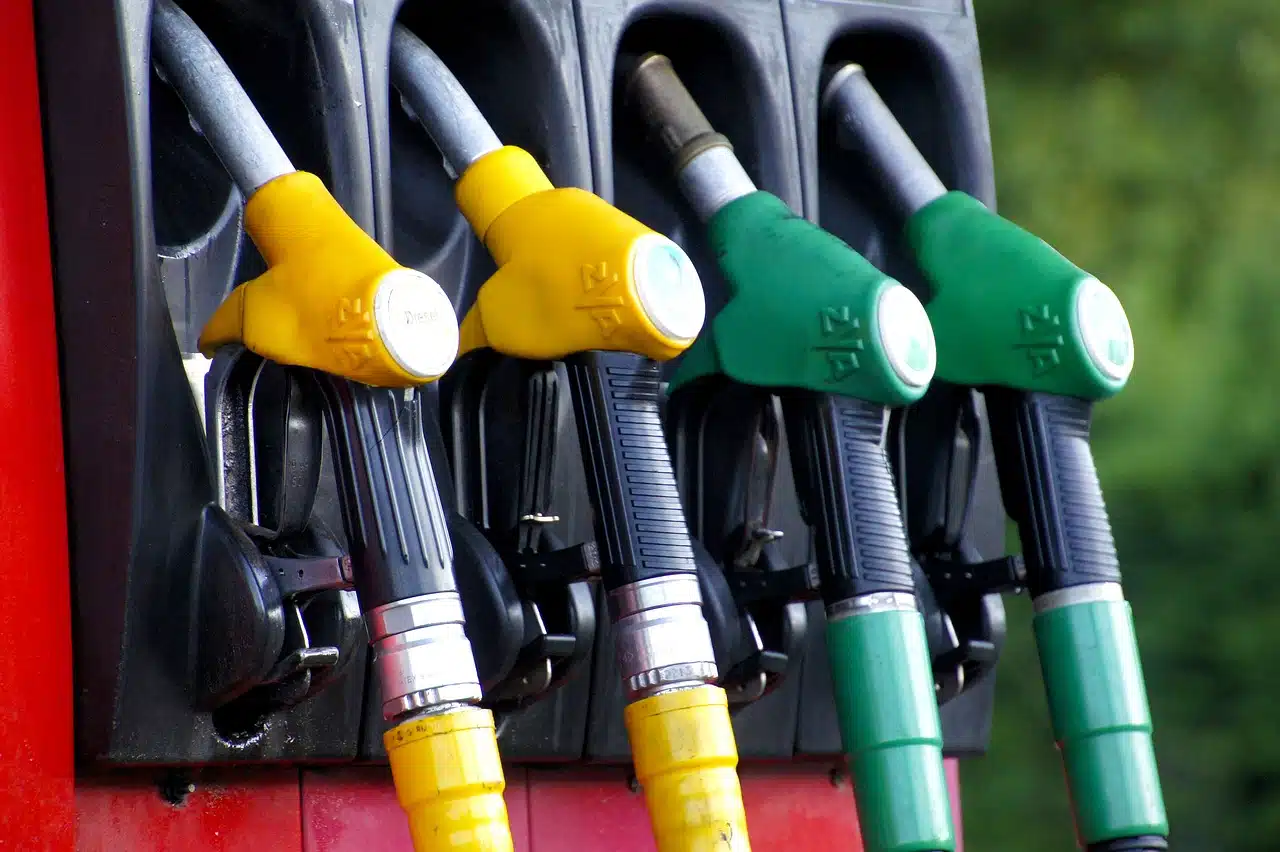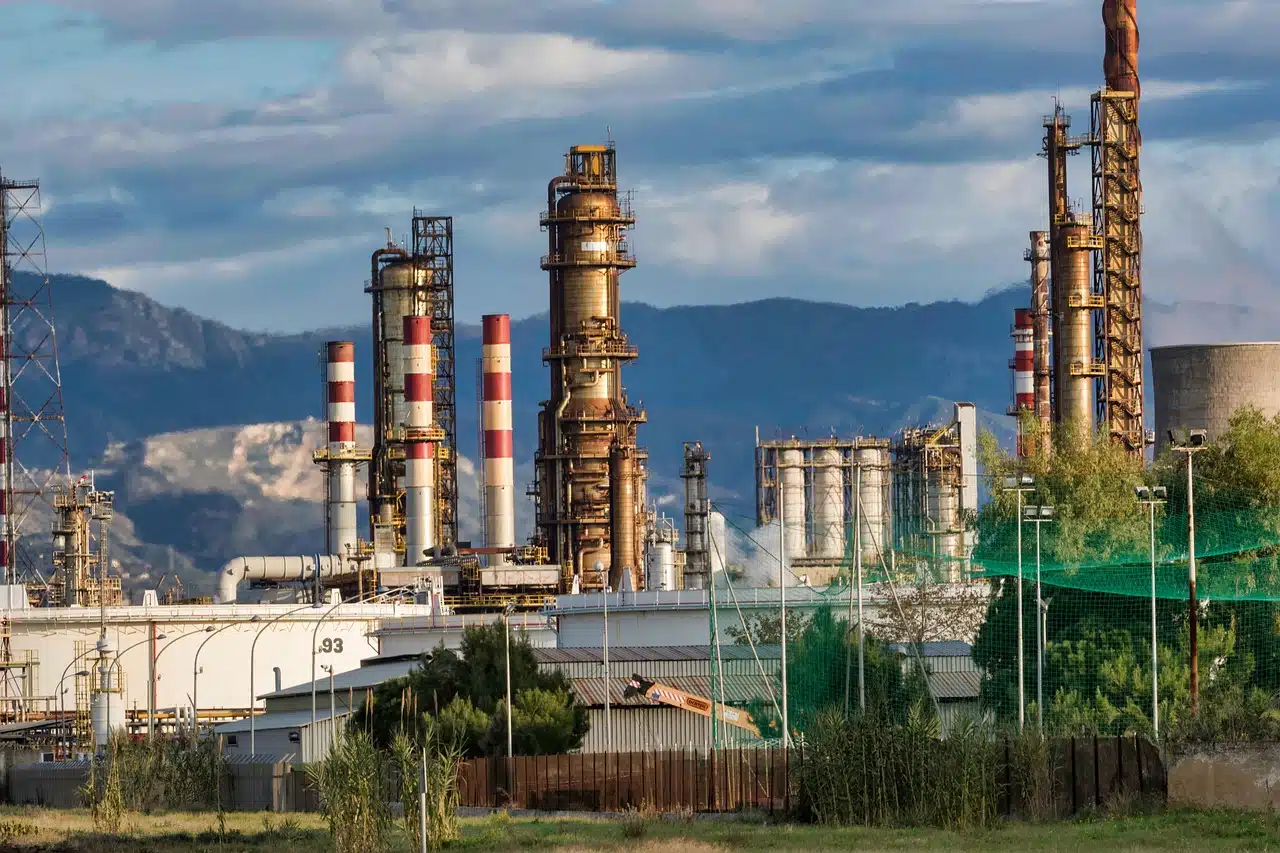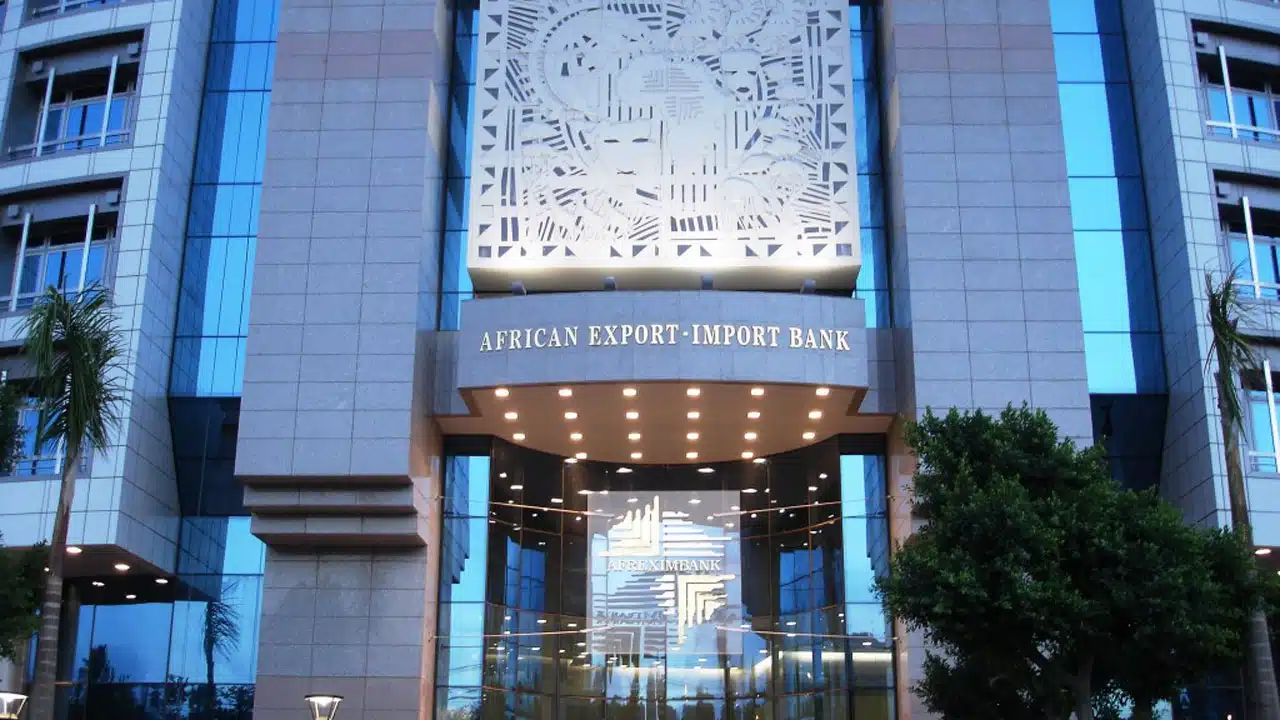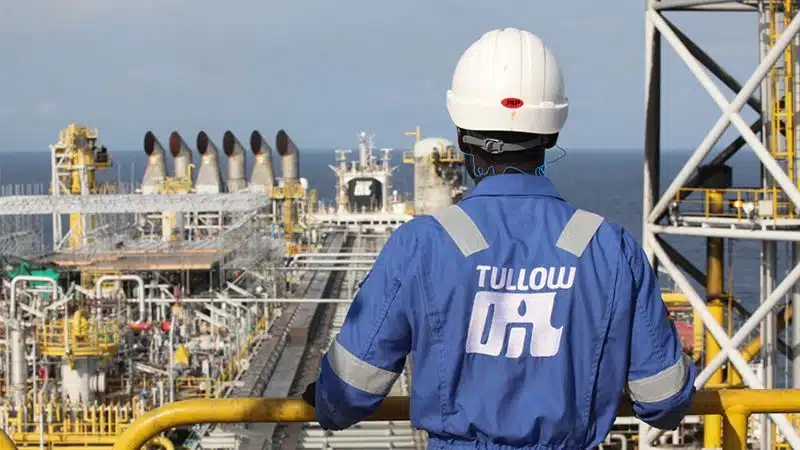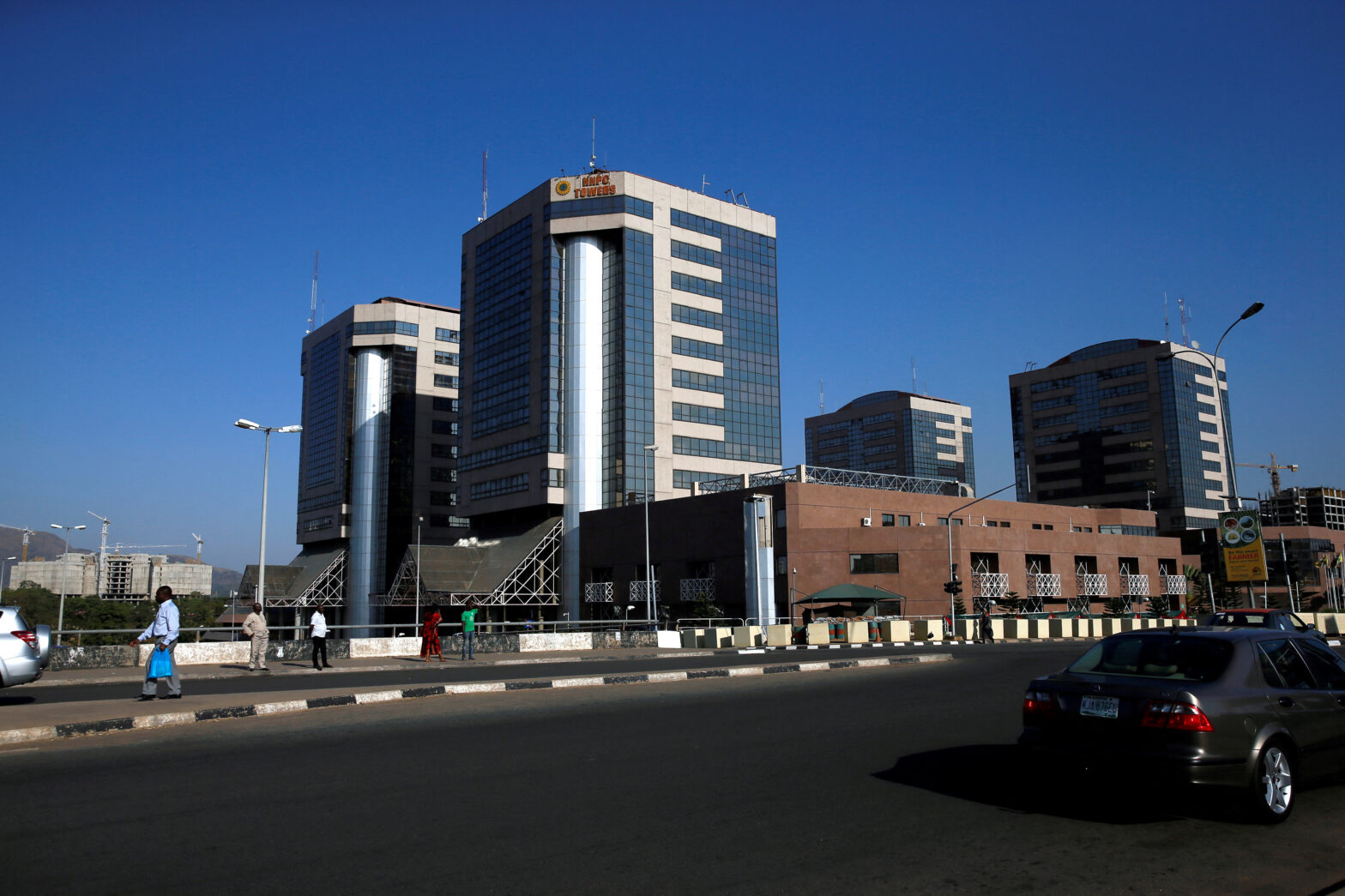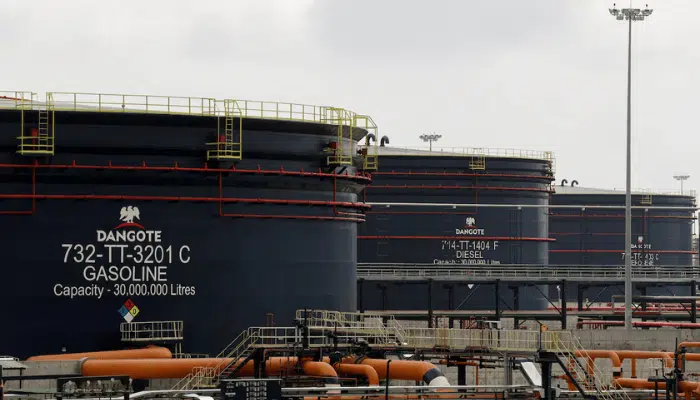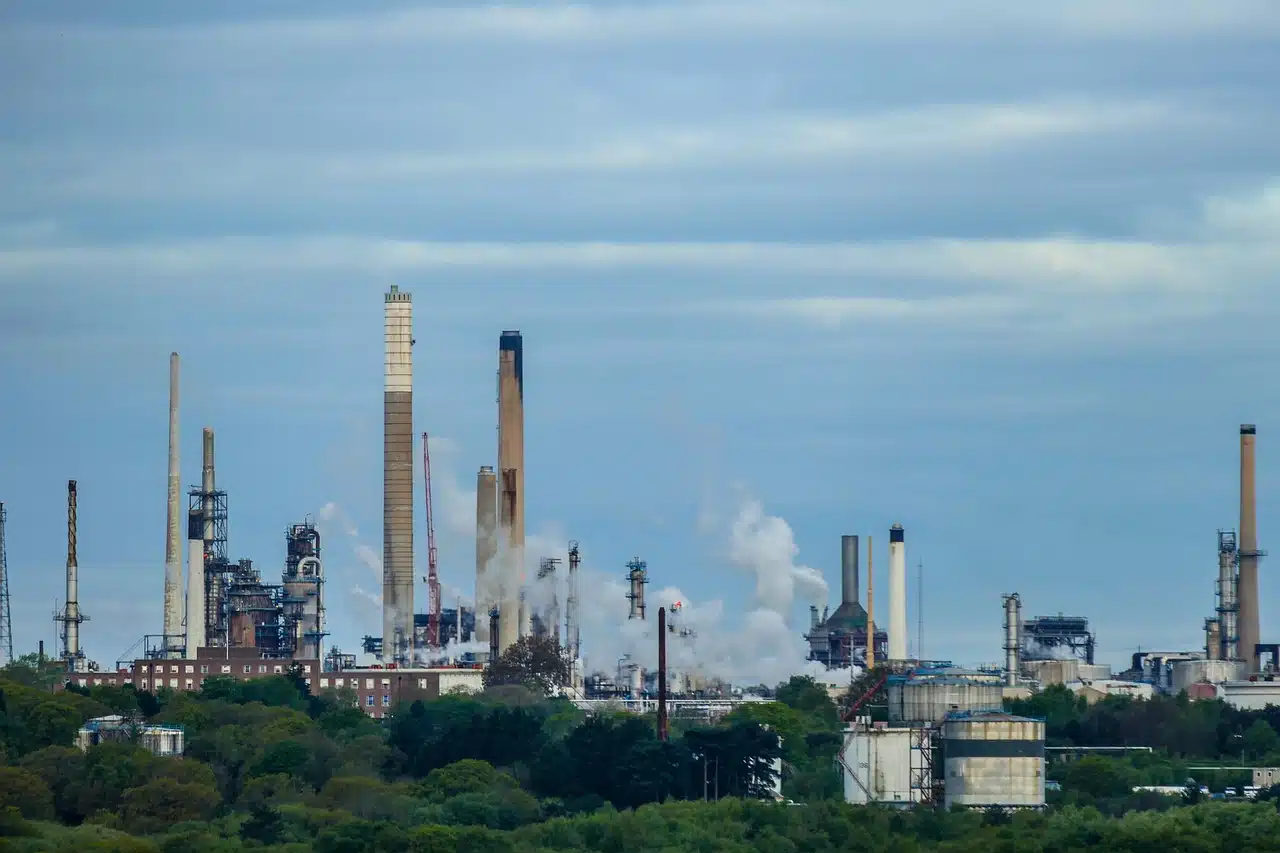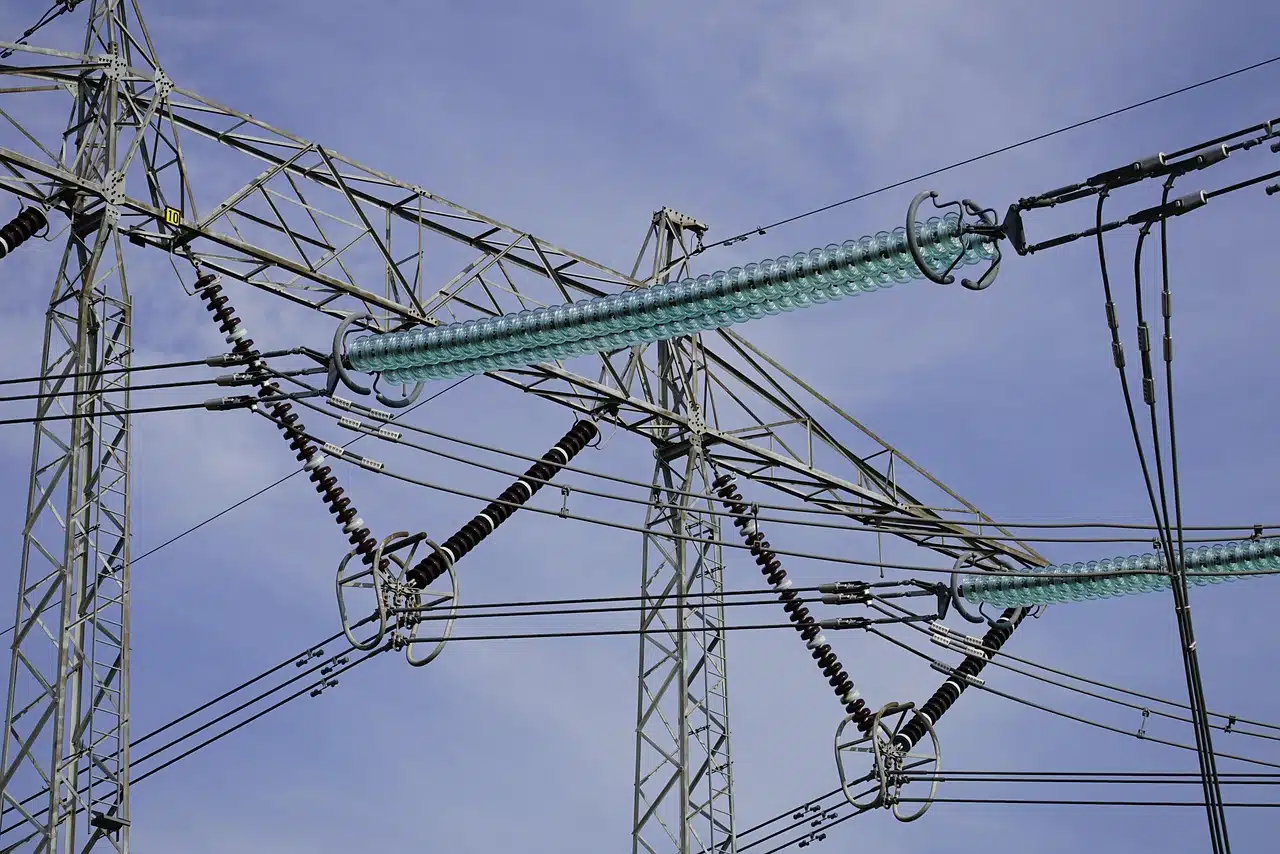Major fuel marketers in Ghana such as GOIL, Shell, and StarOil, have announced reductions in the pump prices of various petroleum products following recent gains in the local currency, the cedi.
At several fuel stations across Accra and Kumasi, petrol prices have dropped by as much as 3%, with diesel experiencing a similar decline.
On June 2, Ghana Oil Company Ltd (GOIL)—the nation’s leading downstream player—reduced the prices of its key petroleum products, offering welcome relief to motorists nationwide.
As of 6 a.m. on Monday, the state-owned company’s retail outlets adjusted pump prices to GHC 12.52 (~$1.22) for Super XP, GHC 12.98 (~$1.27) for Diesel XP, and GHC 14.34 (~$1.40) for Super XP 95.
Just two hours later, StarOil announced a drop in prices from GHC 12.57 (~$1.23) to GHC 11.77 (~$1.15) for petrol, and from GHC 13.49 (~$1.32) to GHC 12.49 (~$1.22) for diesel. The new prices took effect at 8 a.m.
The company also noted that selected outlets across the country would offer even lower rates—GHC 11.59 (~$1.13) for petrol and GHC 12.29 (~$1.20) for diesel.
Shell Ghana followed on Tuesday, reducing prices from GHC 13.29 (~$1.30) to GHC 12.49 (~$1.22) for petrol (Super), and from GHC 13.89 (~$1.36) to GHC 12.89 (~$1.26) for diesel.
The recent price cuts are attributed to the cedi’s slight appreciation against the US dollar and euro in late May, enabling modest adjustments in pump prices.
Despite Ghana ranking among the countries with the lowest fuel prices in Africa, the nation remains heavily reliant on imports for refined petroleum products.
This dependence makes it highly susceptible to fluctuations in foreign exchange (FX), which continues to be a key determinant of fuel prices.
“The cedi has recently appreciated in value due to strong coordination between fiscal and monetary policy—the Ministry of Finance and the Bank of Ghana,” President Mahama stated during a multi-sectoral meeting at the Jubilee House.
He explained that the central bank’s forex auction system plays a key role in managing currency stability, allowing market forces to determine the cedi’s real value based on supply and demand.
However, the president cautioned that the government is closely monitoring the exchange rate and will intervene if the cedi appreciates beyond sustainable levels.
“I don’t envisage the rate reaching one cedi to a dollar. That would be extreme—and it would virtually collapse our export sector. But I believe the Bank of Ghana governor has an eye on it and will intervene if necessary to keep the exchange rate within a realistic band,” he said.
Looking ahead, Ghana has the potential to become a net fuel exporter, with several new refineries in the pipeline
Meanwhile, the country’s first private oil refinery has resumed operations.

